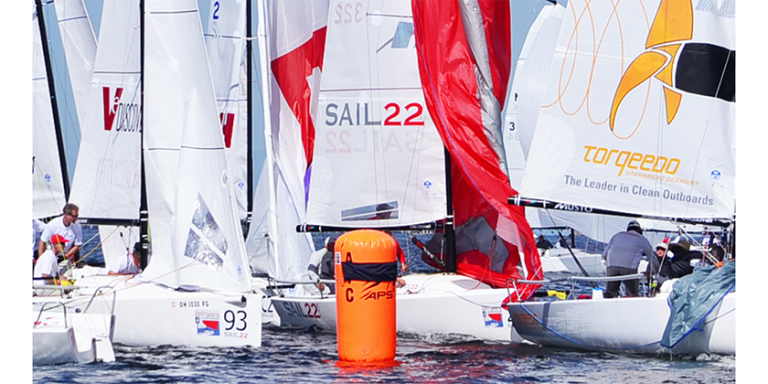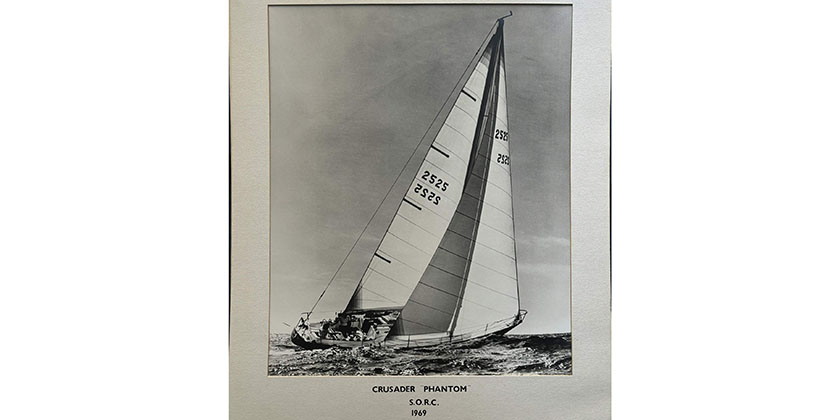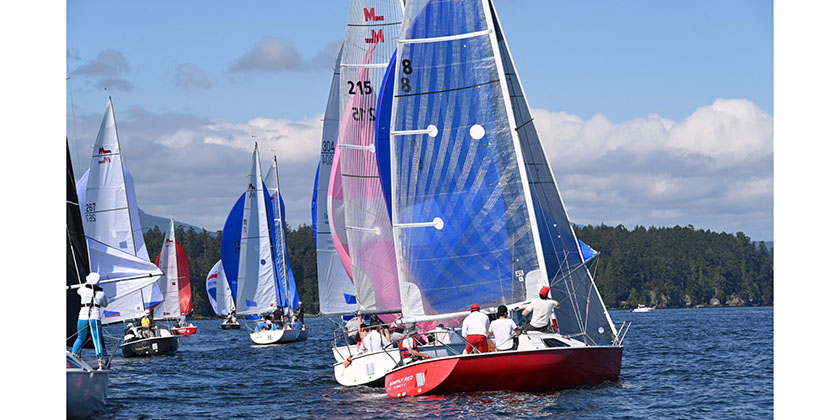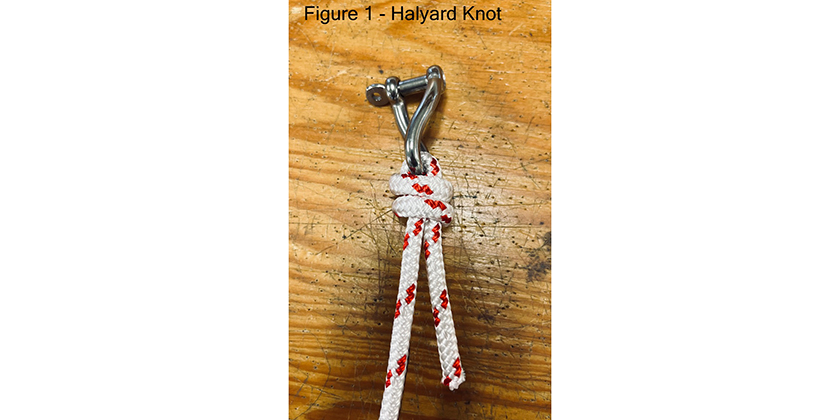Speed & Smarts: Sportsmanship and the Rules

Nov 15, 2023
Competitors in the sport of sailing are governed by a body of rules that they are expected to follow and enforce. A fundamental principle of sportsmanship is that when competitors break a rule, they will promptly take a penalty or retire. – Basic Principle
Should you file a protest?
In the sport of sailing, the racing rules are enforced primarily by the competitors. When you think that another boat broke a rule, ideally you should file a protest and ask the jury to make a decision. But in real life it’s not always that simple.
When you are considering whether or not to file a protest, there are many things to consider. For example, are you actually required to file a protest? Is there any risk in protesting? Why would you protest in one instance but not in all others? Is protesting part of being a good sport? Here are some thoughts on those subjects.
Protests and sportsmanship
When you are involved in an incident and you realize you broke a rule, you must either retire or accept another appropriate penalty. This is not just the sportsmanlike thing to do – it is required by the rulebook’s Basic Principle (page 1). A good sport will always take a penalty when they break a rule.
If you feel the other boat is the one who broke the rule, however, then you must decide whether or not to initiate a protest. Are you a good sport if you protest? Sure.
In sailing we don’t normally use referees or umpires, so the sailors have a responsibility to enforce the rules themselves. If a sailor never protests when he or she sees rules being broken, he or she is not helping create a fair playing field.
Few people want to be the cause of another boat’s DSQ, but almost everyone has experienced the frustration of racing in a fleet where boats often break rules but few do penalties and fewer file protests. ‘Fair sailing’ means that the rules apply equally to all, and protesting is often the only way to ensure that certain sailors don’t get unfair advantages.
Are protests required?
The rulebook’s Basic Principle says sailors are ‘governed by a body of rules that they are expected to follow and enforce.’ According to the dictionary, the meaning of ‘enforce’ is ‘to compel observance of or obedience to.’ One of the best ways to compel other boats to observe and obey the rules is to protest them if they do not. If you don’t protest when you see a rule being broken, you aren’t enforcing that rule.
On the other hand, there is no rule that specifically requires you to file a protest. Protesting may
be a good way to seek justice and encourage other boats to follow the rules, but it is not mandatory.
Rule 60 (Right to Protest . . .) is the rule that gives a boat the right to protest other boats. It says that a boat ‘may’ protest another boat. It doesn’t say you shall protest, only that you may. In other words, the choice is totally up to you.
Protests and risk
Many years ago I heard some good advice from a very accomplished sailor. He said, ‘Whenever you go into a protest hearing, your odds are 50-50.’ That’s because in a protest you either win, or you lose. It doesn’t matter whether you are the protestor or protested, or how rock-solid you think your case is – if you go to a hearing there is almost always a chance of losing.
This risk of being disqualified is one factor that should influence every sailor’s choice about whether to protest or not. Usually, the best strategy is to sail clean and avoid the ‘room.’ As Buddy Melges is fond of saying, your goal should be to ‘start first and increase your lead.’ He always tries to sail clean and win on the water, and he hardly ever ends up in a protest.
It’s difficult, however, to avoid every possible protest situation. And when you are involved in an incident, deciding whether or not to protest can be a tough decision. What if the other boat’s infraction was minor? What if the skipper is your friend? Or enemy? Many factors affect your decision of whether or not to hail ‘Protest.’
A protesting philosophy

When you’re trying to decide whether or not to protest in the middle of a hectic race, it’s helpful to have a protest philosophy or strategy already in mind. This might be something you develop with your crew at the beginning of each season, or a few guidelines you considered before the start of a particular regatta. The goal is to take a consistent, fair approach to protesting that doesn’t require a lot of thought each time you are considering a hail of ‘Protest.’
For example, you might decide that you will always protest when you think another boat has broken a rule. Or maybe you will protest only when there is: a) contact; b) damage; or c) a change of position in the race. Or perhaps you choose never to protest. (See box above for much more about this.)
Ideally, this protest philosophy will serve as your guide regardless of your personal feelings (positive or negative) for the sailor that broke a rule. And you could think of guidelines for when you won’t file a protest too. For example, you might choose to avoid protests that seek primarily to a) advance your own position in the race or series; or b) punish someone you don’t like. These reasons are not consistent with the purpose of the rules.
More thoughts about protesting
When you hail ‘Protest’ during a race, you are notifying another boat that you believe they broke a rule. If they agree, they must take a penalty (usually they can exonerate themselves by taking a Two-Turns Penalty). If they don’t agree with you, they can risk a protest hearing.
Even if you hail ‘Protest’ on the water, you can drop your protest later by not delivering it in writing to the jury. However, I think this is a bad habit and not especially sportsmanlike. If you aren’t serious about protesting, don’t pretend to be that way on the water – you will just force your competitor to take an insurance penalty. If you were serious on the water because you felt they really broke a rule, follow through with your conviction.

Dave Dellenbaugh is the publisher, editor and author of Speed & Smarts, the racing newsletter. He was the tactician and starting helmsman on America3 during her successful defense of the America’s Cup in 1992 and sailed in three other America’s Cup campaigns from 1986 to 2007. David is also two-time winner of the Canada’s Cup, a Lightning world champion, two-time Congressional Cup winner, seven-time Thistle national champion, three-time Prince of Wales U.S. match racing champion and past winner of the U.S. Team Racing Championship for the Hinman Trophy. He is currently a member of the US Sailing Racing Rules Committee (and was its chairman from 2005-2008).
You can subscribe to the Speed & Smarts newsletter HERE.















